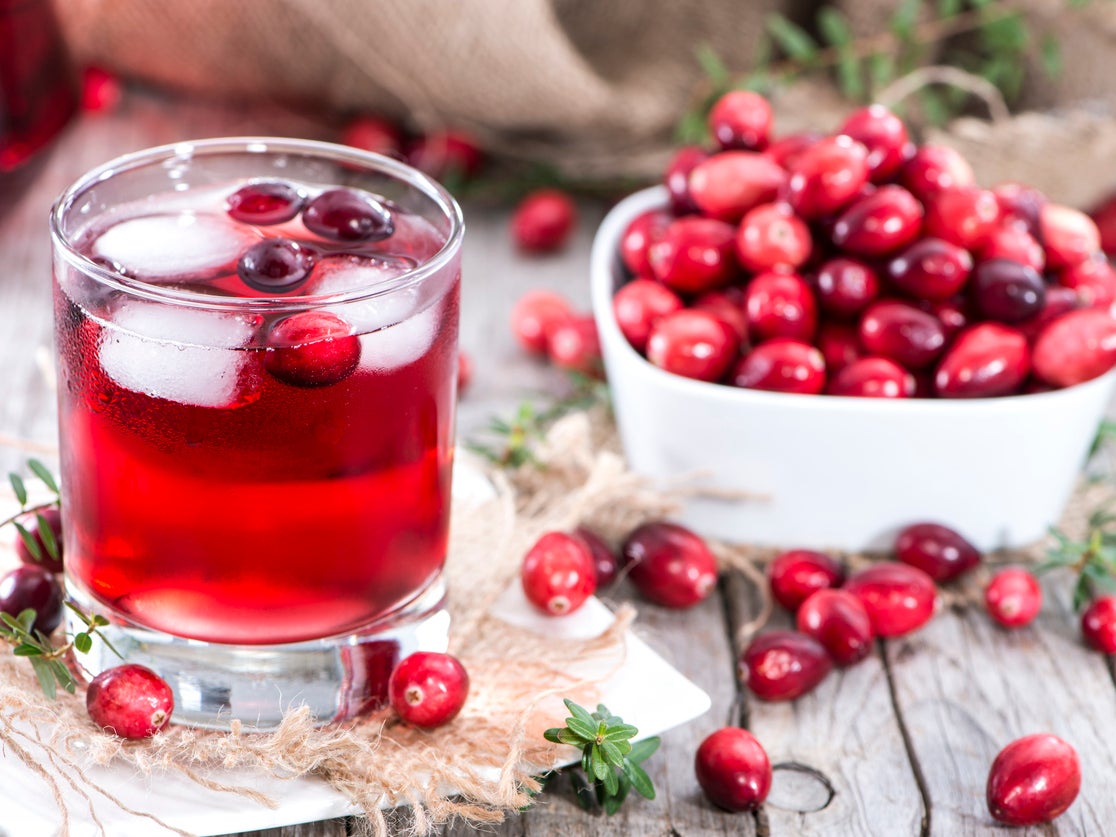The Independent's journalism is supported by our readers. When you purchase through links on our site, we may earn commission.
Sugar health supplement used to treat urinary infections could boost cancer treatment, study finds
Study finds mannose, found in some fruits and available as a health supplement, slows tumour growth

A type of sugar found in cranberries and sometimes given to treat urinary infections is able to disrupt tumour growth and could provide an “entirely new” way to enhance chemotherapy, a study has found.
UK scientists have shown tumours’ insatiable need for glucose to fuel their rapid growth can be exploited by giving an alternative sugar, mannose, which it cannot process as easily.
Trials in mice with pancreatic, lung and skin cancers found that mannose significantly slowed the growth of tumours without causing side-effects.
The study, published in the journal Nature, found mice receiving mannose saw greater reductions in the size of their tumours and increased life span – when combined with chemo drug doxorubicin.
It’s not yet clear if it will have similar effects in human cancers and the authors said they hope to start human trials ”as soon as possible”. However this process will require fine-tuning the dose of mannose to prevent it harming healthy cells or cause other side-effects.
However experts were hopeful that the novel findings could provide a cheap addition to the chemotherapy arsenal.
“Tumours need a lot of glucose to grow, so limiting the amount they can use should slow cancer progression,” said Professor Kevin Ryan, lead author of the study from the Cancer Research UK Beatson Institute. “The problem is that normal tissues need glucose as well, so we can’t completely remove it from the body.”
“In our study, we found a dosage of mannose that could block enough glucose to slow tumour growth in mice, but not so much that normal tissues were affected.
“This is early research, but it is hoped that finding this perfect balance means that, in the future, mannose could be given to cancer patients to enhance chemotherapy without damaging their overall health.”
Mannose can be found in cranberries and other fruits and is also available from health shops as a supplement. While it is sometimes given for short periods to treat cystitis, there is little information on its long term effects and Cancer Research UK, which funded the study, said cancer patients should not try to self medicate at home as it could be harmful.
Alongside the mouse trials, Professor Ryan and his colleagues did tests in other cancer types grown in the lab, including leukaemia and ovarian and bowel cancer.
While many tumours responded, some did not and this suggests the treatment will not be suitable for all patients – should it be found effective. Through their tests, the researchers found some cancers produce an enzyme which interacts with mannose, known as phosphomannose isomerase (PMI), and that cells with high levels of PMI were less susceptible to the treatment.
Dr George Poulogiannis of the Institute of Cancer Research, London, was not involved with the study and said it provides an “excellent example” of how the rampant growth that makes cancers deadly can also make them vulnerable.
“This study highlights how interfering with key characteristics of tumour metabolism can help identify cancer’s Achilles heels, and could lead to more effective therapeutic strategies,” he added.
“However, there is a lot of work to do before this research can be translated into the clinic – including clinical trials to test whether the treatment is safe and can slow tumour growth in cancer patients.”
Join our commenting forum
Join thought-provoking conversations, follow other Independent readers and see their replies
Comments